
Pro-environment group in the Philippines urged the Standard Chartered Bank to end its “deadly game” of financing dirty energy projects on October 29.
The protesters, clad in costumes themed after the Netflix’s social drama series Squid Game, demanded the bank to align its portfolio to the “global climate ambitions and in genuine support of sustainable development.”
Gerry Arances of the consumer group Power For People said the Squid Game is “a fitting illustration of how [the bank] uses its financial resources to toy with the plight of climate-vulnerable peoples in developing countries like the Philippines.”
The hit drama series became popular and was praised for its compelling critique of social inequality exacerbated by money.
“[The bank] seems to think its funding of coal, gas, and other fossil fuels is a grand prize of sorts that will assist us in our development,” said Arances.
Arances added that in reality, financing dirty energy projects “will keep our people’s pockets empty and lives in danger with high electricity rates, toxic pollution, and a raging climate crisis.”
The protest is part of the global campaign #DefundClimateChaos Day of Action, which aims to put pressure on banks keeping the money pipeline to fossil fuels open.
Standard Chartered Bank reportedly channeled US$10 billion worth of financing to the coal industry alone between October 2018 to 2020.
This week, the European bank announced new interim targets for achieving net-zero by 2050. Environmental activists, however, remain doubtful on the “sufficiency of the bank’s climate leadership.”
“In the Philippines, we know Standard Chartered is among banks to thank for the coal boom we saw in the last decade, with billions worth of funding it pours onto coal developing companies like San Miguel Corporation and Aboitiz,” said Arances.
He said the bank remains keen on “supporting companies profiting off coal well beyond 2030, and even thinks that gas is a good idea.”
The bank is among the banks found to have financial links to a 1,700 MW fossil gas project in Batangas province, which activists said threatens a globally significant biodiversity hotspot.
Father Edwin Gariguez, convenor of Protect Verde Island Passage (VIP), said by funding fossil gas projects, the bank “places in peril the environment, people, and climate.”
“This is a losing situation for us in a game we should not even need to play with the abundant clean energy resources in our country and the rest of the world waiting to be harnessed,” the priest said.

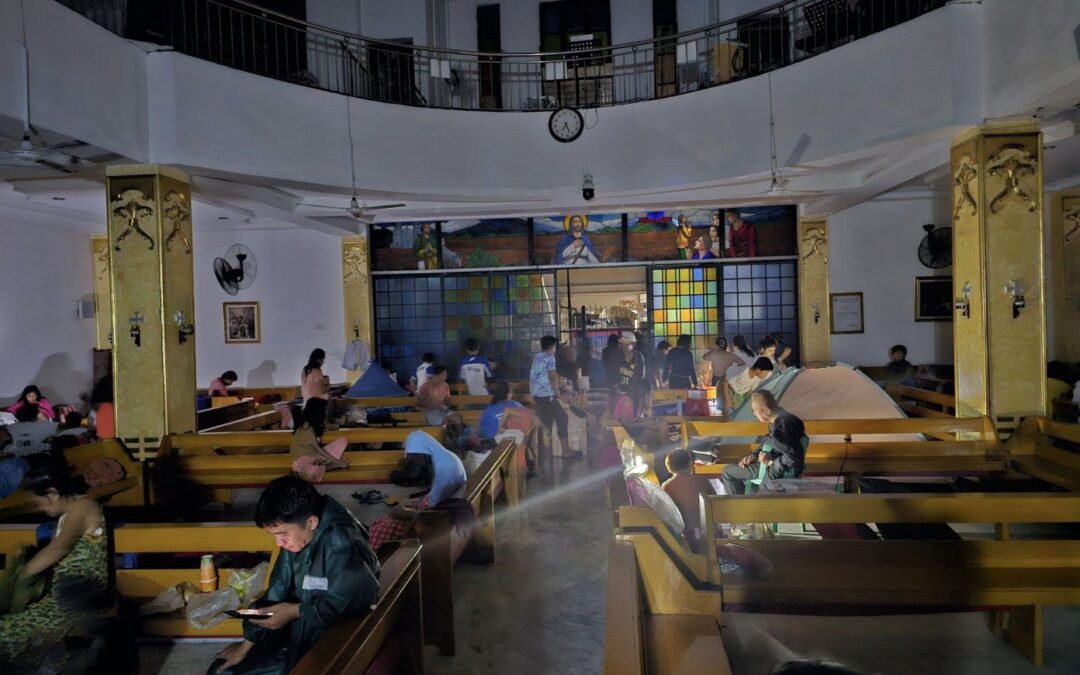
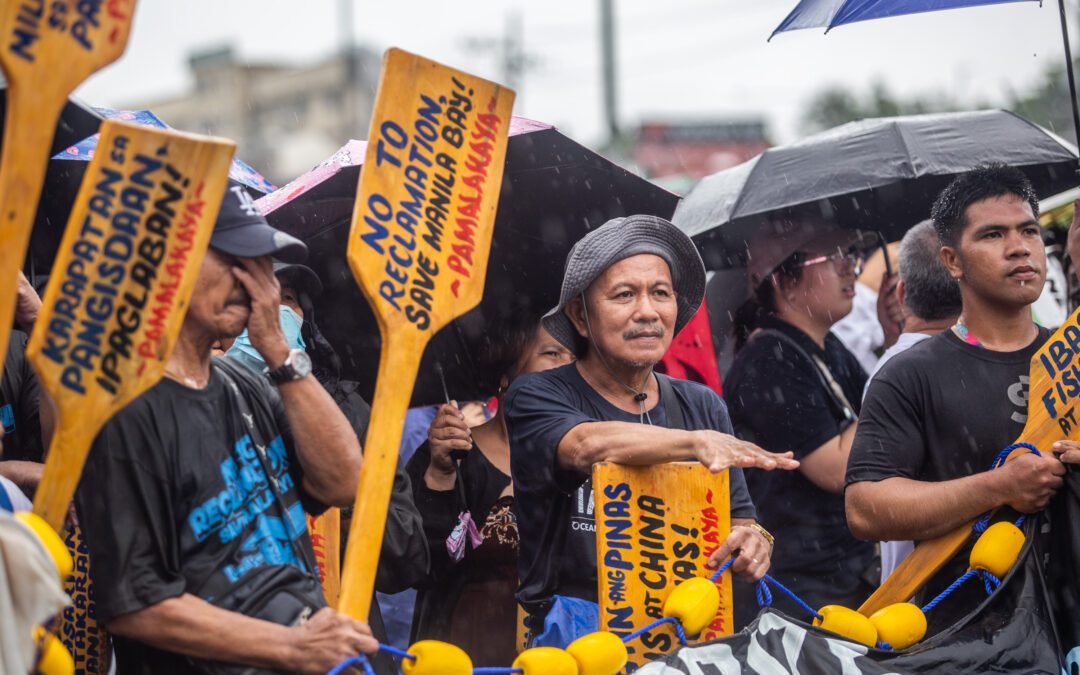
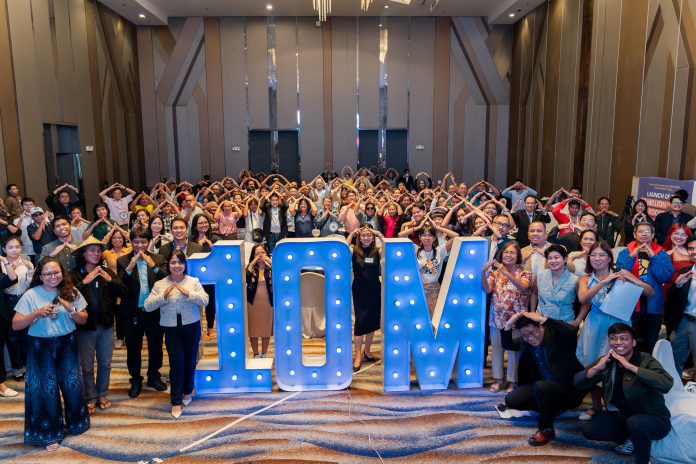
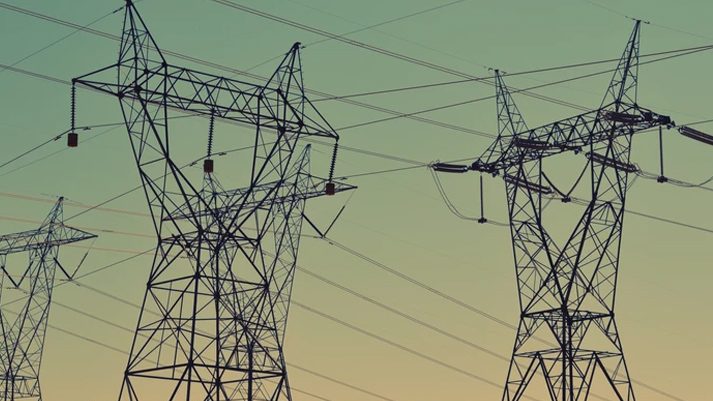
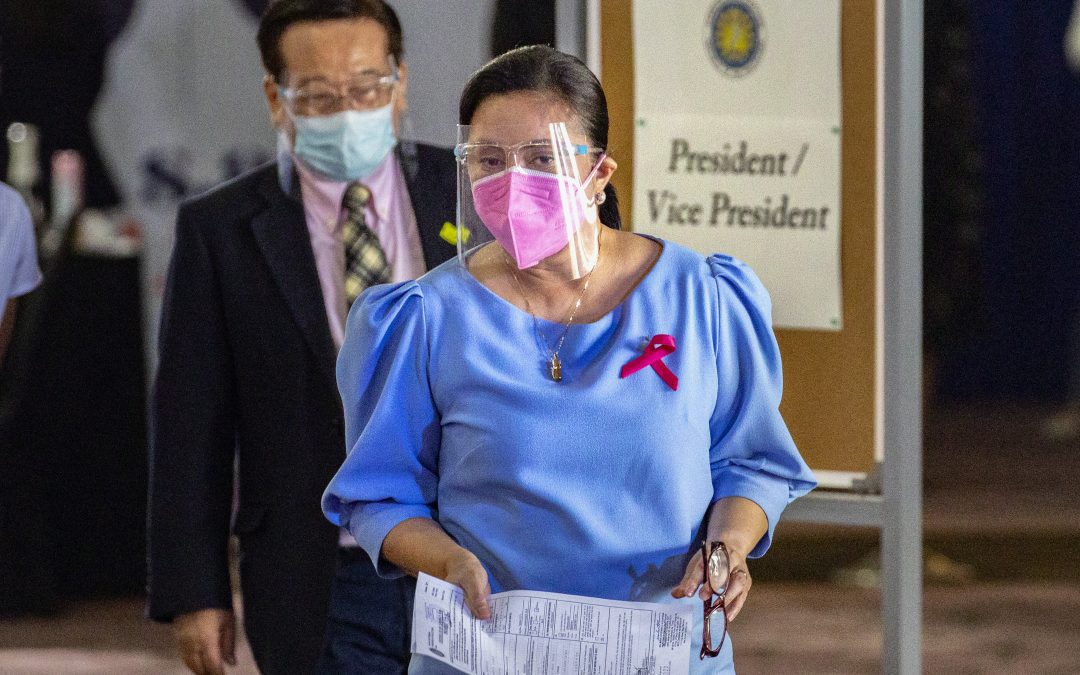
0 Comments